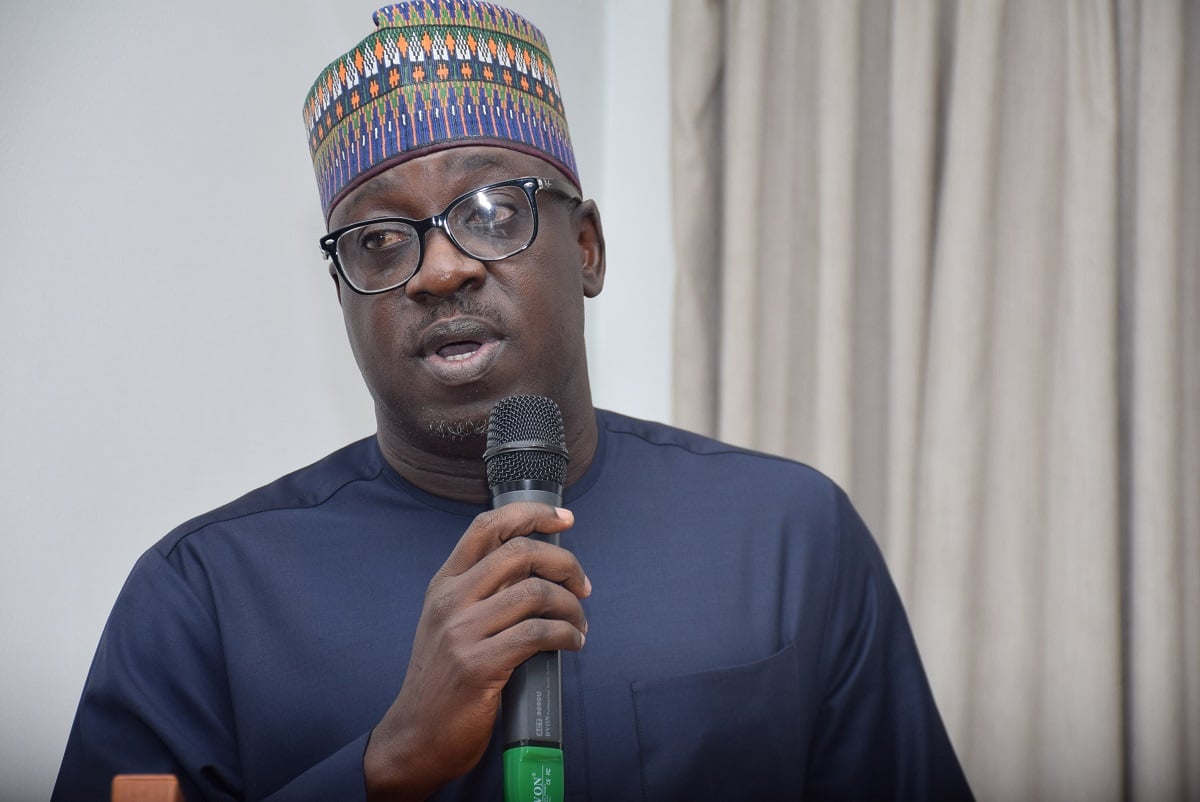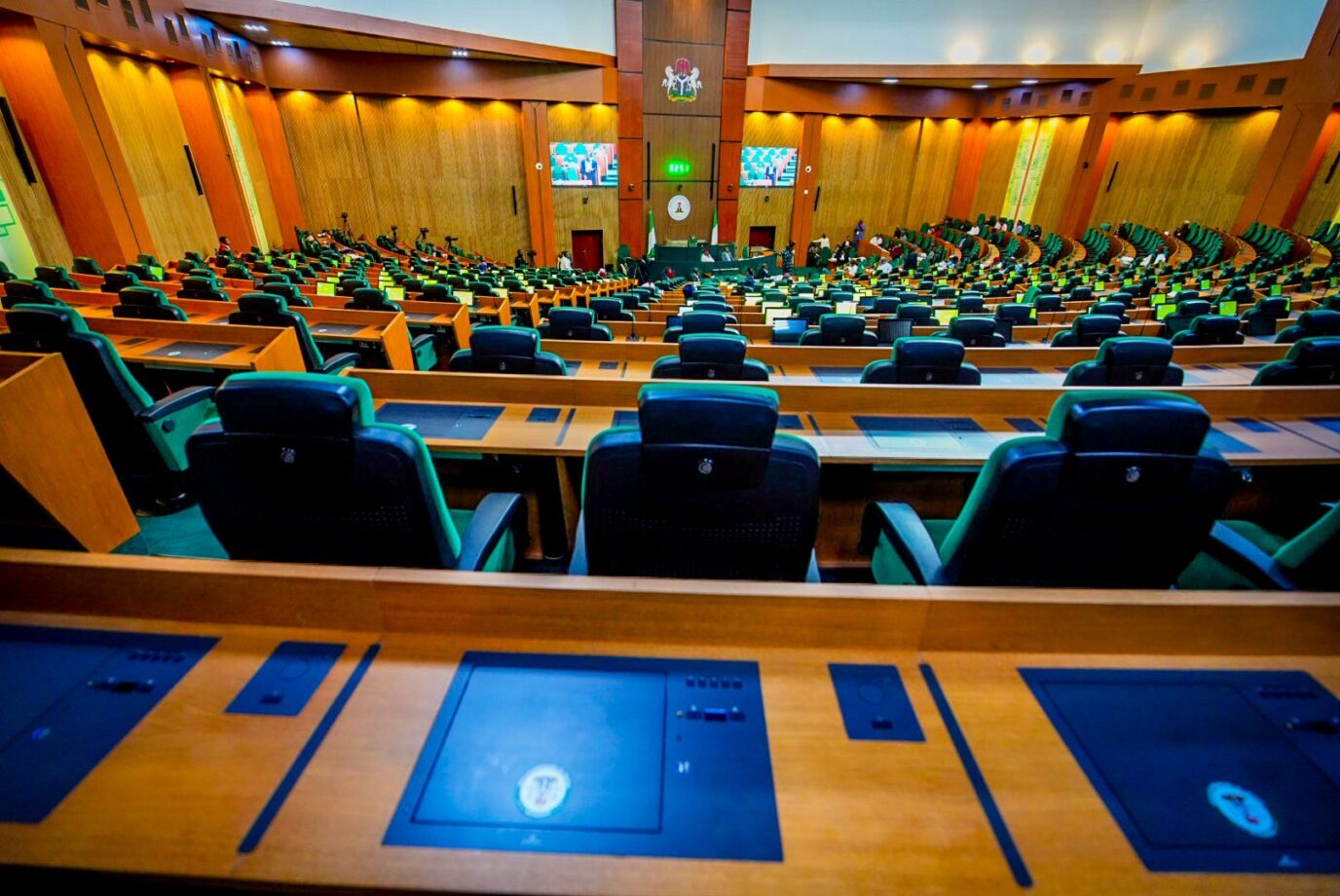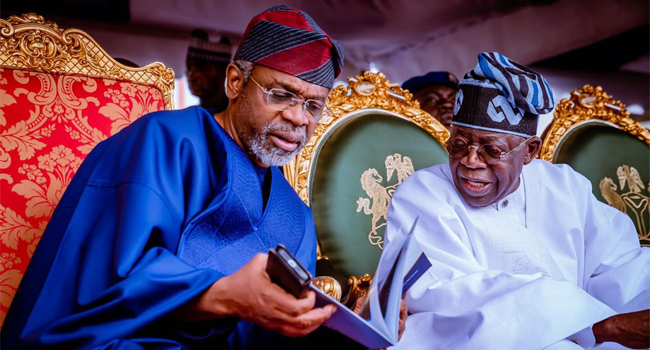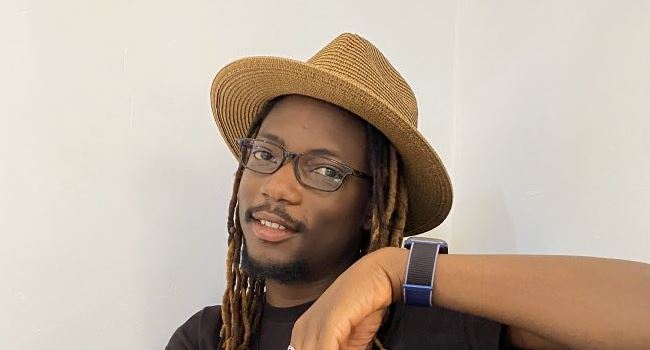The suspension of Paystack co-founder and Chief Technology Officer Ezra Olubi over resurfaced tweets and allegations of misconduct has transcended corporate crisis to become a watershed moment for Nigeria’s tech ecosystem.
This sector has long been lauded for innovation but seldom tested on accountability and ethical leadership.
The allegations are deeply troubling. Olubi’s old tweets, spanning 2009 to 2013, contained sexually explicit references involving minors and disturbing commentary on sexualized anime characters.
Coupled with allegations of inappropriate conduct toward a subordinate, these revelations have sparked concern that extends well beyond online fury because they strike at the heart of what we expect from those wielding power and influence.
Paystack responded decisively, suspending Olubi and launching a formal investigation.
“Paystack is aware of the allegations involving our Co-founder, Ezra Olubi. We take matters of this nature extremely seriously. Effective immediately, Ezra has been suspended from all duties and responsibilities pending the outcome of a formal investigation,” the company stated.
“Out of respect for the individuals involved and to protect the integrity of the process, we will not be commenting further until the investigation is complete,” they added.
It was both necessary and precedent-setting. For an African tech company of Paystack’s stature, backed by global investors and woven into Stripe’s payment infrastructure, the scrutiny is intense. This has ceased to be about one person and has become a referendum on the sector’s commitment to ethical standards.
African tech has expanded rapidly, often outstripping the governance structures that should anchor it. Many startups coalesce around charismatic founders, and success frequently generates a protective aura that discourages hard questions.
The Paystack case shatters that pattern, signaling that leadership isn’t merely about vision or disruption but fundamentally about character and accountability.
Olubi’s alleged actions have compelled the ecosystem to reckon with uncomfortable truths about power dynamics, workplace culture, and the weight of influence.
But there’s a second dimension to this unfolding drama: the permanence of our digital footprints.
The resurfacing of decade-old tweets reveals a stark reality: the internet is an unforgiving archive. Posts made at twenty can resurface at thirty-five with career-altering consequences. While we should recognize that people evolve, certain boundaries remain inviolable, particularly those protecting children. Olubi’s tweets crossed those lines, and time cannot diminish the severity of such content.




As Nigeria fortifies its legal framework around offenses involving minors (instituting life imprisonment for defilement and eliminating prosecution time limits), public sensitivity has reached unprecedented levels. In this climate, leaders must assume that everything they express, digitally or otherwise, becomes an indelible record of who they are. This is the reality of consequence culture, and its arrival in Nigeria’s tech sector was overdue.
The country’s tech ecosystem is aspirational and restless with ambition. It comprises companies building solutions for millions, but as it matures, ethical expectations must scale alongside valuations.
How Paystack navigates this controversy will influence how other firms address misconduct and how the public perceives the sector’s integrity.
Olubi’s alleged misdeeds anchor this moment, but the implications ripple far beyond him. This is about cultivating a tech community where growth doesn’t compromise governance, where founders earn admiration for both achievement and integrity, and where the past isn’t a dormant threat but a constant reminder that leadership demands unwavering responsibility.
The Paystack saga continues to unfold. Yet regardless of its resolution, it has already recalibrated the conversation in ways that will shape Nigeria’s tech future.
“In line with our internal policies, we have established a fair, transparent, and structured review process to conduct a thorough investigation,” Paystack added. “This process is guided by our policies, our values, and our commitment to maintaining a safe and respectful environment for all employees.”
That may prove to be the most consequential outcome of this uncomfortable but essential reckoning.












